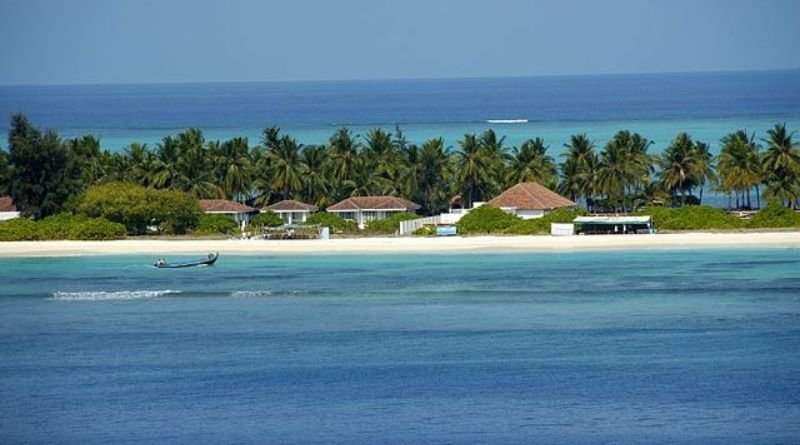
In the serene expanse of Lakshadweep, a brewing diplomatic tempest between India and the Maldives has unexpectedly thrust this idyllic destination into the limelight. What started as an innocuous promotion of Indian tourism in the archipelago has evolved into a heated exchange of words, leaving the very industry it aimed to promote caught in the crossfire.
India and the Maldives, with their shared historical ties, cultural exchanges, and strategic security cooperation, have long cherished a warm relationship. However, a subtle shift emerged with the election of Maldives President Mohamed Muizzu in 2023, hinting at a potential diplomatic reorientation towards China. The fissure in cordiality became evident on January 5, 2024, when Indian Prime Minister Narendra Modi’s vacation photos from Lakshadweep sparked unexpected fury in the Maldives.
Social Media Sparks Diplomatic Flames
Deputy ministers and other Maldivian officials took to social media, questioning the purpose behind the PM’s visit and accusing India of attempting to compete with Maldivian tourism. This ignited outrage in India, prompting calls for a boycott of the Maldives and an increased focus on promoting domestic tourism in Lakshadweep. The battle extended to online platforms with rival hashtags, #VisitMaldives and #ExploreLakshadweep.
Beneath the surface of this online clash lies deeper geopolitical concerns. The Maldives’ apparent lean towards China and India’s worries about growing Chinese influence in the Indian Ocean contribute to the escalating tensions. India perceives remarks on Lakshadweep as a challenge to its sovereignty and maritime interests.
Lakshadweep’s Tourism Crossroads
Renowned for its coral reefs, vibrant marine life, and pristine beaches, Lakshadweep has long been considered a potential rival to the Maldives. Despite its natural beauty, the archipelago has remained underdeveloped compared to its Maldivian counterpart. The recent events have brought both opportunities and challenges for Lakshadweep’s tourism industry.
In the aftermath of the controversy, Lakshadweep experienced a surge in online searches and booking inquiries, fueled by patriotic sentiment and renewed curiosity about the islands. However, the diplomatic tension may discourage international tourists, perceiving the region as unstable. Negative publicity from the dispute could also harm Lakshadweep’s image as a peaceful destination.
Resolving this turbulent situation requires a multifaceted strategy. De-escalating diplomatic tensions through dialogue is crucial for regional stability and creating a tourism-friendly environment. Both India and the Maldives must engage in constructive dialogue, addressing concerns with mutual respect.
Lakshadweep’s Path Forward: Sustainable Development and Marketing
For Lakshadweep, strategic development of its tourism industry is paramount. Emphasizing sustainable infrastructure, responsible tourism practices, and preserving the islands’ cultural heritage will be key. Investments in eco-tourism and responsible travel initiatives can set Lakshadweep apart from its competitors.
Showcasing Lakshadweep’s Unique Appeal: Effectively highlighting the archipelago’s natural beauty to the international community is vital for attracting foreign tourists. Showcasing cultural heritage, unique traditions, and diverse marine life can establish Lakshadweep as a distinct tourist destination, independent of comparisons with the Maldives.
Beyond Tourism Rivalry: Collaborative Opportunities: The India-Maldives tussle presents an opportunity for both nations to move beyond the tourism rivalry narrative. Recognizing the interconnectedness of their ecosystems, economies, and security concerns can lead to collaborative efforts in marine conservation, sustainable tourism development, and regional security cooperation.
Lakshadweep’s Resilience and Future Prospects: The recent India-Maldives tussle has cast a shadow over Lakshadweep’s tourism aspirations. However, within the diplomatic turbulence lies an opportunity for introspection and strategic development. Prioritizing diplomacy, responsible tourism practices, and highlighting its unique strengths can position Lakshadweep as an attractive destination, fostering tourism growth and contributing to regional harmony. It is through collaboration and mutual respect that both nations can unlock the true potential of the Indian Ocean.



